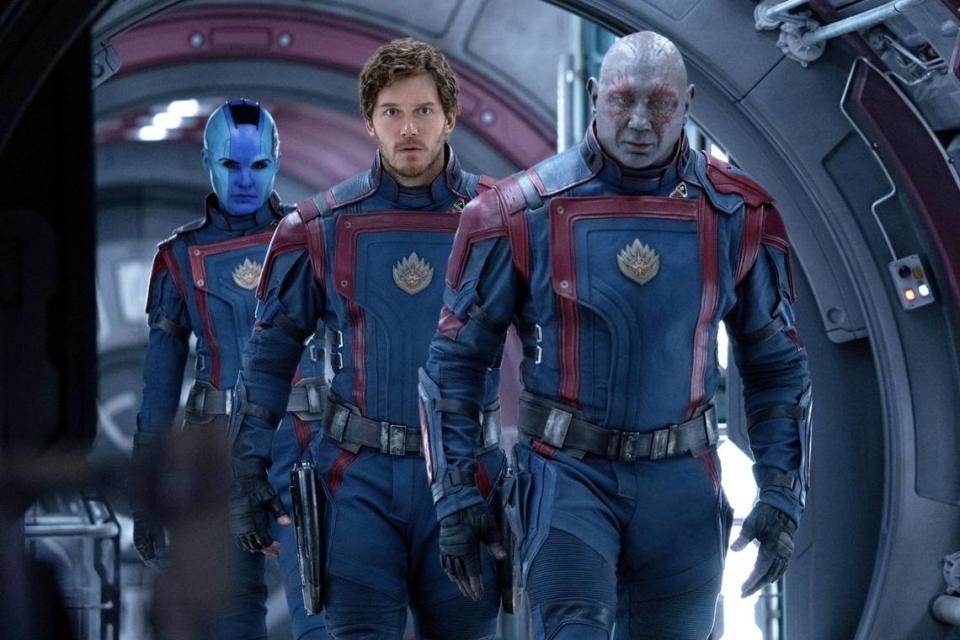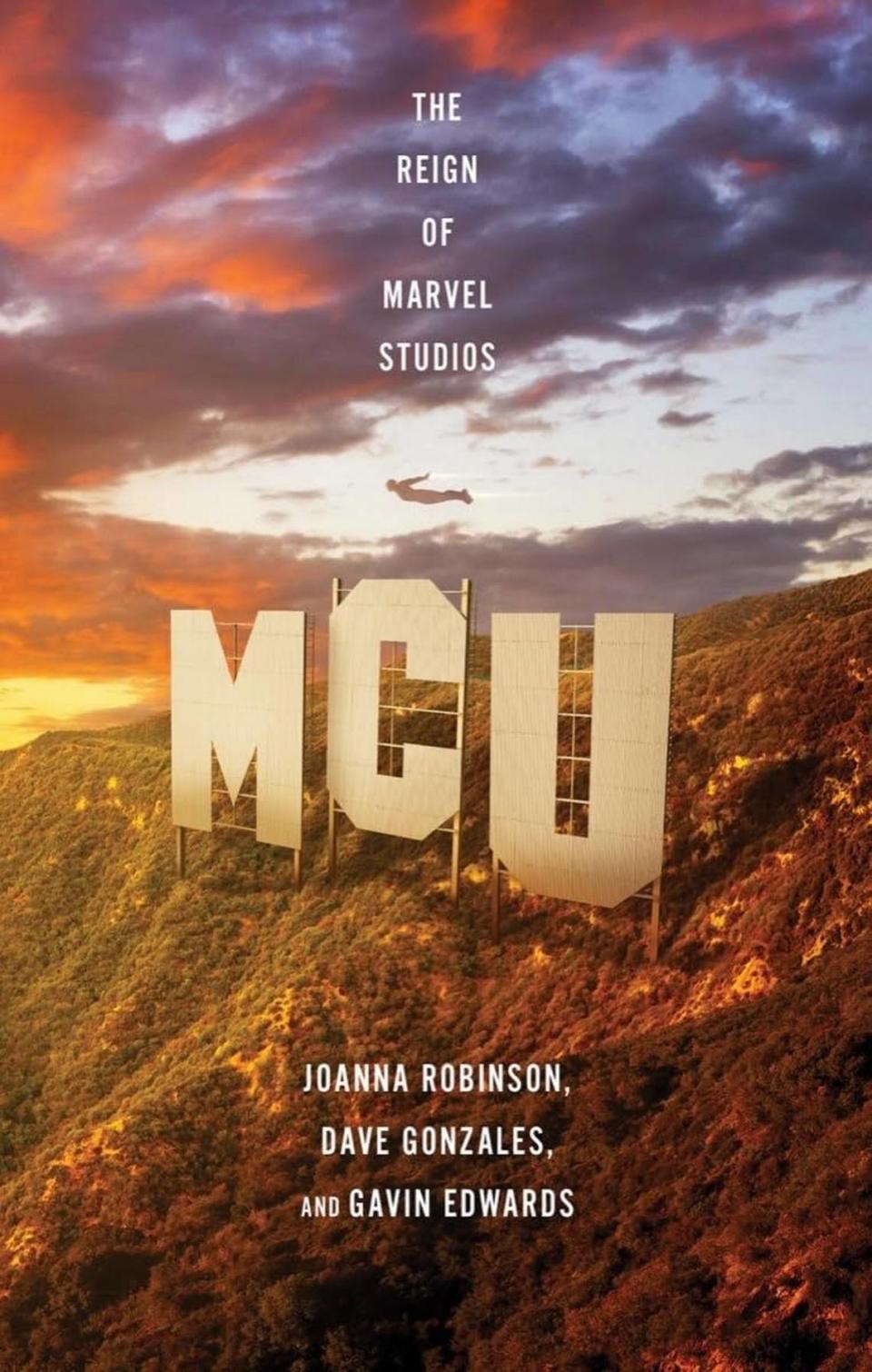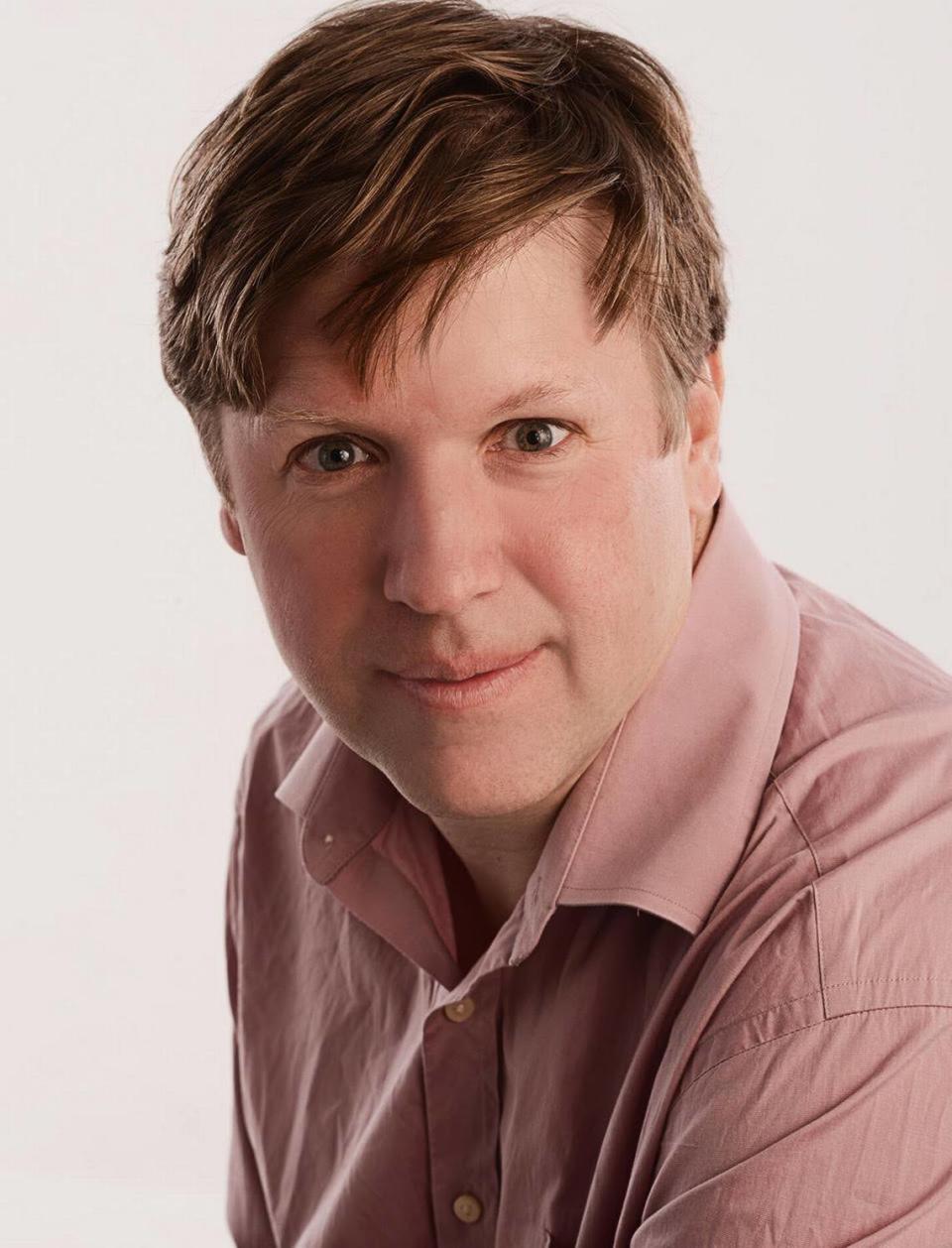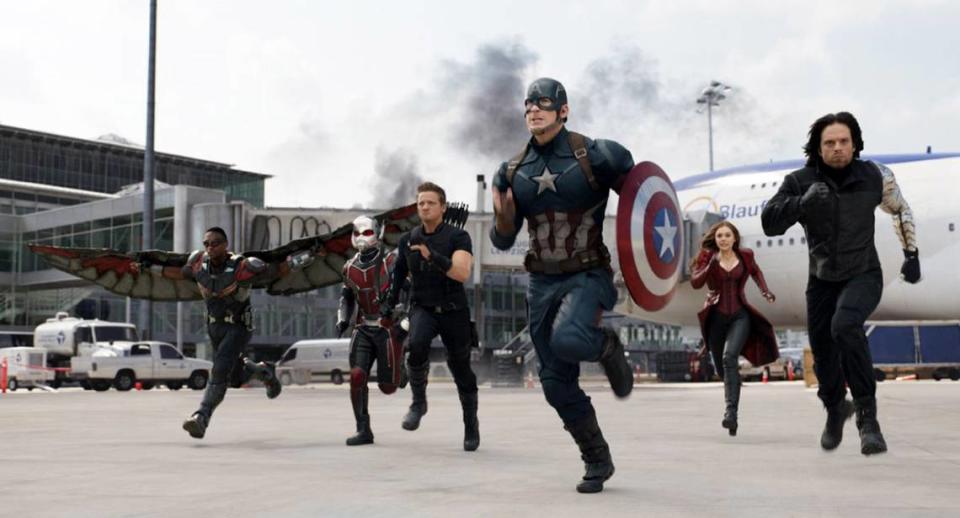Marvel wasn’t built in a day: Charlotte author details how The Avengers dominated movies
Today, we all know where we were when Iron Man snapped his fingers and blockbuster movies changed forever.
More than a decade before that, many of us didn’t even know who that character was.
The Marvel Cinematic Universe, colloquially called the MCU, has become the dominant force in Hollywood filmmaking starting with “Iron Man” in 2008, spanning multi-movie phases and multi-character team-ups.
Film writers Joanna Robinson, Dave Gonzales and Gavin Edwards took on the task of assessing the first decade-plus of the MCU and how it went from an “independent” hit in 2008 to shattering box office records with “Avengers: Endgame” in 2019 with “MCU: The Reign of Marvel Studios.”
Edwards, a resident of Charlotte, recently sat down with The Charlotte Observer to talk about compiling years of Marvel history, what moments led to the MCU becoming the cultural force it is today and how it isn’t so easy to bring all of Earth’s mightiest heroes together under one tentpole action epic.
I saw in one interview that you said the first “Guardians of the Galaxy” movie was your favorite Marvel Cinematic Universe entry because it was such a surprise when it came out. It was fun and vibrant, and filled with Marvel characters we were less familiar with. What do you think that movie did for the MCU moving forward?
“It’s interesting that a lot of the other Marvel people point to that movie as well. Like if you ask (“Iron Man” star) Robert Downey Jr, ‘what do you think’s the most important moments?’ You know, he’s got a big ego on him, but he actually points out that (“Guardians”) was this moment for Marvel where there was this much greater sense of possibility, where they went ‘oh, we can get away with that.’ And I think even on a sort of planning level, (Marvel) realizes the audience is gonna build with us, even if there’s like a talking tree, if we have no name brand recognition and there’s no crossover.

The first phase of MCU movies up to “The Avengers” was so successful and seemed to have this mapped out path. Was that a plan that Marvel had for their movies or did the path for the narrative just come up along the way?
“So at the beginning, they had said let’s do Iron Man and the Hulk. Maybe we’ve got Ant Man and Captain America in reserve. And hey, that all kind of adds up to the Avengers. But I mean, ‘The Avengers’ was kind of a pipe dream. Robert Downey Jr. had this contract that ended up paying him $50 million dollars for ‘The Avengers’ because it was like, if ‘The Avengers’ happens then fine, we don’t mind paying you that much money. So around that time is when they started to plan out a little more in advance and say, ‘oh, like, we could lead up to these things in a multi-year kind of way. But there’s always been some ability to zig and zag.”

A lot of other companies have tried to mimic the “cinematic universe” model similar to what Marvel has done and haven’t really made it successful. While y’all were writing the book, what did you find works so well for Marvel that hasn’t seemed to land for other productions?
“I agree that almost all the other (production companies) tried and it either didn’t work, they stop before they start, or they just feel painfully awkward. One exception is the monster universe with the recent Godzilla and King Kong movies. They don’t make a big fetish of it, but they found a way to do it. I think part of (what) worked in the case of Marvel (is) because it organically grew out of the source material.
“One of the fascinating discoveries for me with the book was that Kevin Feige, who’s in charge of Marvel Studios, did not grow up as a hardcore comics fan. He knew who the characters were, but he was into movies. He loved ‘Star Wars,’ he loved ‘Back to the Future,’ he loved ‘Raiders of the Lost Ark.’

So when he’s working on superhero movies, as an adult, he gives himself a crash course where he’ll be on vacation but be sitting by the side of the pool under the shade with a stack of graphic novels. (He’s saying) I’ve got to absorb years of history and one of the things he realized, which I think was smart, was that one of the core points of appeal for Marvel comics was this sense of it’s all interconnected — that Spider-Man can swing by the Baxter Building anytime and run into the Fantastic Four. And he found a way to replicate that. The movies felt sort of joyful, and it’s fun to see (all the Marvel characters) together.”
Marvel is entering an interesting period for their movies. A lot of the “old guard” has moved on (Robert Downey Jr., Scarlett Johansson) and they’re introducing new characters and stars. But they’ve had some detours (the death of Chadwick Boseman, legal issues facing Jonathan Majors) so what does that mean for the future? Does that reshape how they plan their next phases?
“Joanna and David started researching the book around the time of ‘Avengers: Endgame.’ So basically Marvel’s apex moment with the biggest movie of all-time, the blockbuster triumph where you go to a movie theater with 20 screens and 19 of them are showing ‘Avengers: Endgame.’ Since then, Marvel has had multiple movies (and) they’ve all made money, but it no longer presents the solid goal: everything stands for quality. And so we refer to it amongst ourselves as ‘the wobble.’ I think Marvel is going to be okay, they’ve got some things in their pocket they haven’t used yet. They still haven’t made a Fantastic Four movie. They haven’t released an Avengers movie in a few years. Eventually, they will make an X-Men movie and audiences will go nuts.”

After writing this book with Joanna and David, do you still view the MCU the same as when you started? Has anything changed in your opinion of it from all the research y’all did?
“I think I have much more appreciation now for the work that went into building this. There’s these pivotal moments at the beginning where, without getting into the whole history of Marvel’s bankruptcies, but they basically licensed out characters like Spider-Man (and) the X-Men to others. And there’s points where they told Sony, ‘Hey, if you give us a little more, we’ll license all the Marvel characters to you.’ And Sony said we’re good, thank you.
“So it took the guy who’s the genius behind this, David Maisel, who said we could start a studio and we could have the control of these (characters) and make our own movies. And it was partially financially motivated; we’ll get to keep the money, getting a percentage, but the fact is the first Iron Man (movie) is essentially an independent (movie). It’s easy to forget now that it’s one of the dominant brands, but really 10 years ago, it seemed like a crazy gamble. Iron Man was a C-list (Marvel) character.
“I think taking in the scope of the history really made me appreciate that. It was a crazy enterprise and the fact that they pulled it off, even though it’s got some flaws, it’s super impressive.”
“MCU: The Reign of Marvel Studios” is available at local booksellers or wherever you buy books.
More arts coverage
Want to see more stories like this? Sign up here for our free “Inside Charlotte Arts” newsletter: charlotteobserver.com/newsletters. You can join our Facebook group, “Inside Charlotte Arts,” by going here: facebook.com/groups/insidecharlottearts. And all of our Fall Arts Guide 2023 stories are here: charlotteobserver.com/topics/charlotte-fall-arts-guide

